Popular Culture
HIST-J400 with Professor McGraw
The topic of popular culture offers an intriguing entry point into the study of societies, identities, and behaviors. By examining popular culture from a historical angle, we can also ask big questions about the formation of nations, the creativity of peoples, and even the nature of power. Students in this course will investigate in-depth an aspect of pop culture of their choosing: comics, movies, music, fashion, television, games, cooking, sports—but really, the list of possible case studies is nearly endless. Along with weekly readings, writing assignments, in-class work, class participation, library visits, and required individual meetings, students will also carry out historical research and long-form writing. As an Intensive Writing course, half of the grade is tied to completing a 20-page original essay based on original research, which will be done in stages, with drafts, across the length of the semester.

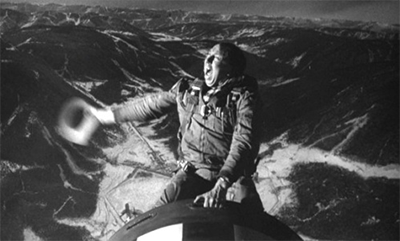
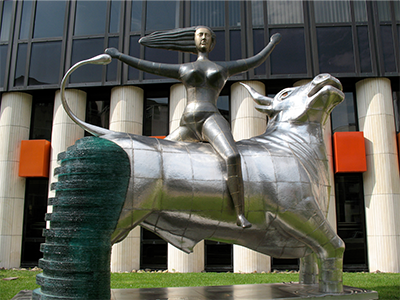
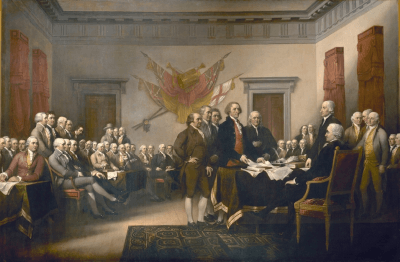


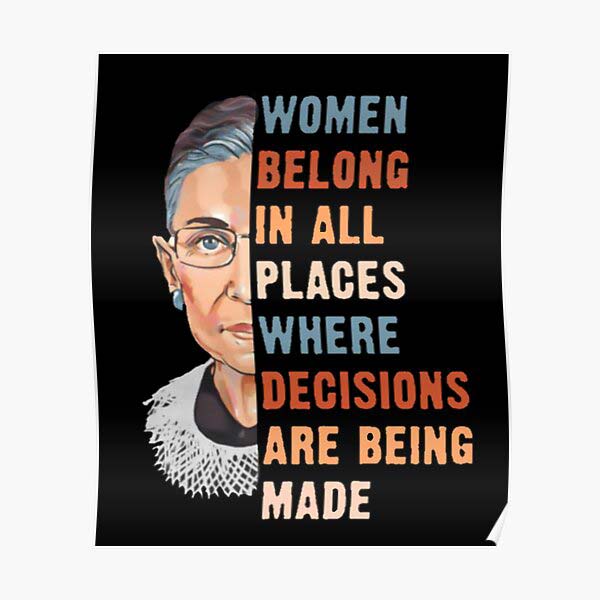




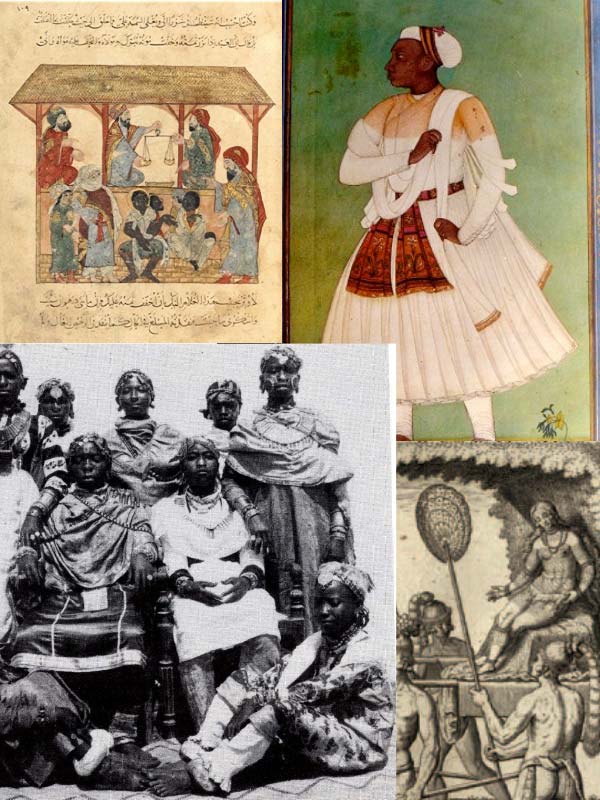


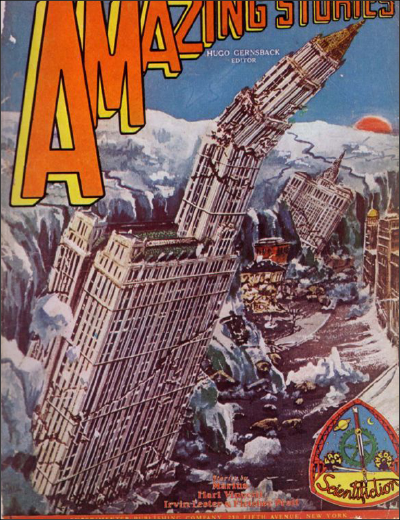
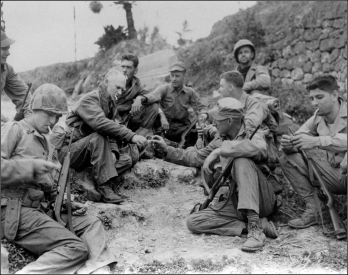



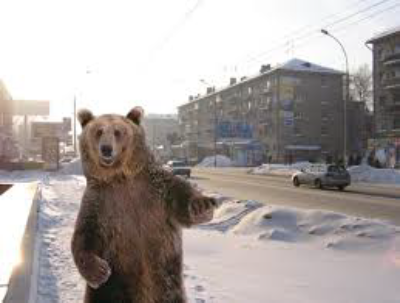





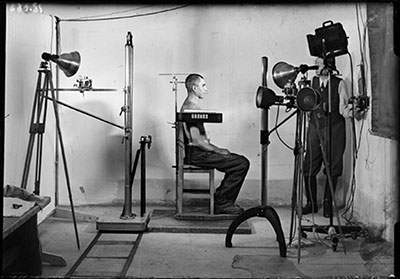
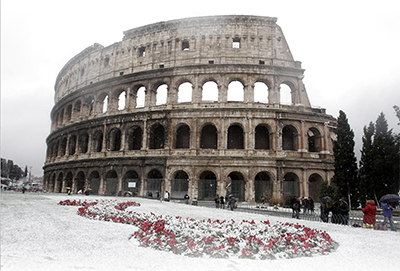



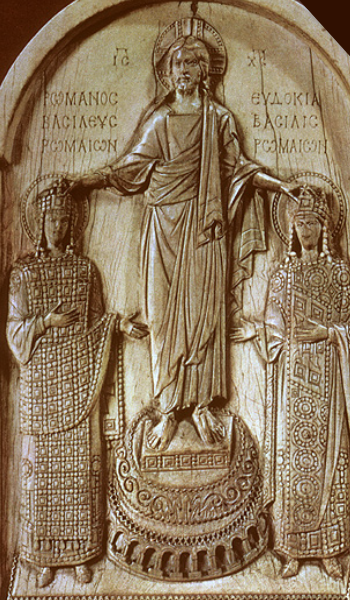





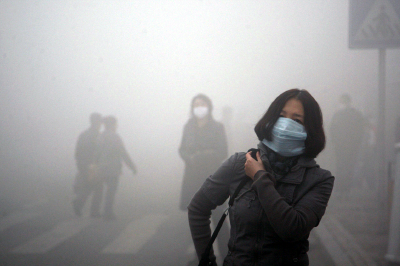



 The College of Arts + Sciences
The College of Arts + Sciences